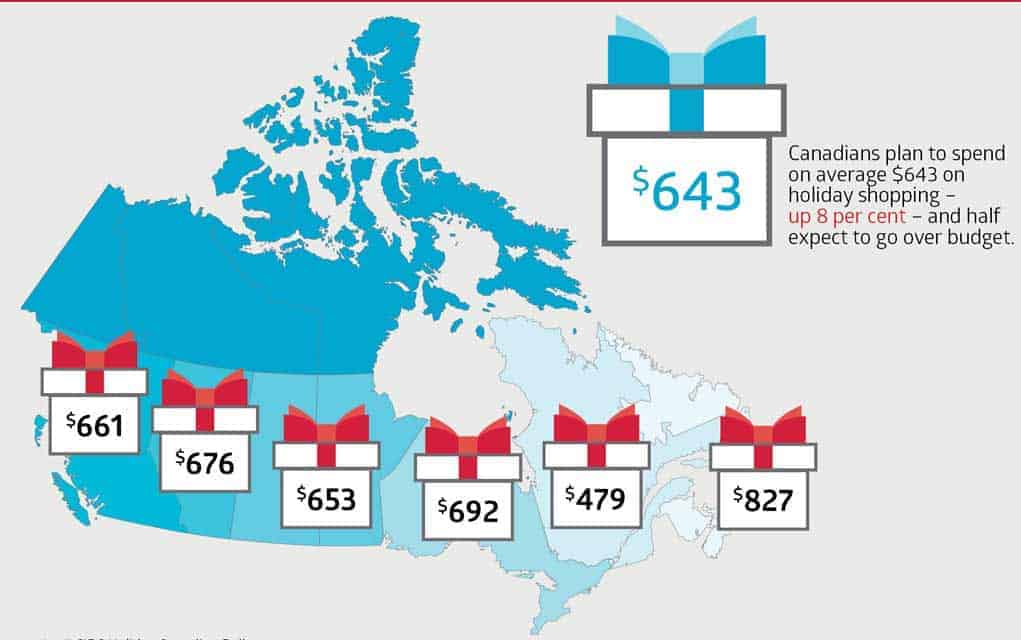;
;
;

Next month’s increase in the minimum wage will put a strain on municipal budgets, but rural communities such as Wellesley and Woolwich have dodged a bullet with planned exemptions for volunteer firefighters. Original drafts of Bill 148, the so-called Fair Workplaces, Better Jobs Act, demanded paymen
Last updated on May 03, 23
Posted on Dec 21, 17
3 min read
